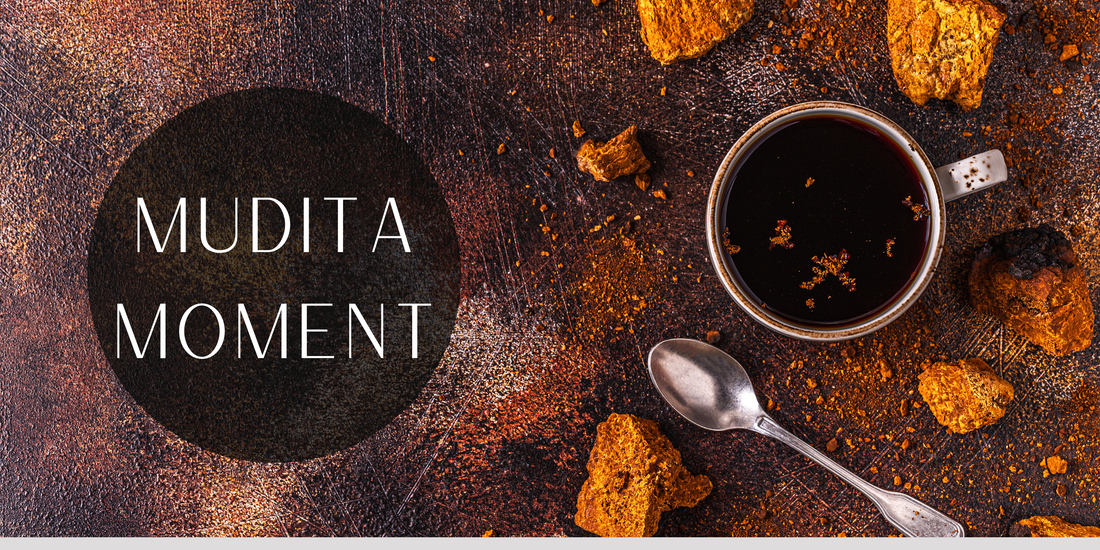An Informed Perspective
Kindly Contributed by Krista Znebel, Holistic Nutritionist, R.H.N.
Mushrooms: this word evokes many images, feelings, and meanings depending on who you are talking to. For some, they may think of a food they see at a grocery store or the cool, odd shaped fungi seen on the trees in the forest on their weekend hikes. For others, it may evoke specific emotions from a hallucinogenic or spiritual journey. Towards the end of every summer, I’d look forward to seeing how many small white caps would pop up in the grass fields around my cottage and pick them when my grandmother wanted to add them to dinner. It wasn’t until I started studying holistic nutrition and worked at the local health food store that mushrooms caught my attention as something I needed to learn more about. What are the different types of fungi? How exactly do they benefit humans and our immune systems? What’s the best way to consume them? Wild or organic? I had so many questions I knew I needed to dive further into this topic.
Let’s think back to grade school science class when we learned about the six kingdoms. Most of us know that mushrooms are part of the fungal kingdom but did you know humans share approximately 50% of the same genetic material as fungi! Who knew!? Since mushrooms have been around for thousands of years, the human immune system has evolved alongside fungal pathogens and developed a mechanism to respond to mushroom compounds when ingested via receptors on immune cells. The compounds in the mushrooms are called beta-glucans and these trigger immunological changes when the receptors sense that they are present in the body. The neat thing about mushrooms is they can work in two ways depending on what your body needs. They can increase the activity of certain immune cells, restoring healthy immune function, or they can down-regulate inflammatory responses in those who have overactive immune systems such as autoimmune disease, allergies or illness.
Have you ever gone for a walk in the forest and felt like some of the birch trees were watching you? Birch trees are easy to pick out with their paper thin, white bark and eye-like knots. This is where chaga, one of my favourite mushrooms can be found. This mushroom looks like a burnt growth sticking out from the trunk of the tree. Chaga’s active components come from the bark of the tree. One of the main components that come from the tree is betulinic acid which has anti-cancer properties. When extracted in alcohol the glycan components are good for intestinal cleansing and can support improvement of psoriasis. It is important to note, that in order for the chaga to contain these active components from the tree, they must be wild harvested.
So now that you’ve read this, you’re probably thinking great, I need to get me some mushrooms!...but where do I start? The health food store can be overwhelming especially when there are so many types, in different forms supplied by multiple brands. Let’s start with the basics. Mushrooms can be found in various forms such as dried, fresh, in supplement form, or recently new to the market, from Muskoka Mudita as a beverage. Mushrooms do not contain calories and should be cooked or extracted before ingestion. They are made up of different water and fat soluble compounds, so if you cook with water versus oil, you will obtain different type of nutrients.
If you’re cooking fresh mushrooms, try adding both water and butter or oil, or even cooking wine to ensure you get the highest nutrient extraction. Dried edible mushrooms such as shitake, morel, trumpet, or chanterelles can be rehydrated by adding them into water and soaking them for 20-30 minutes. They’re also great in soups or stews which rehydrate on their own. You can buy dried mushrooms such as chaga or reishi as full mushrooms or as a ground powder to brew as a teas or to flavour water and is one of my favourite ways to drink them! You can make this by placing one dried mushroom in a large pot of water on the stove and bringing to a boil for 20 minutes. Let it cool and sit in the water overnight for further extraction. Mushrooms such as cordyceps, lion’s mane or turkey tail are also available as dried powdered supplements or alcohol-based tincture’s which are targeted to improve specific health concerns.
Mushrooms can grow on many surfaces including soil, trees, or substrate which is what some cultivated mushrooms are grown on (like the one’s you find at the grocery store). Fungi have another interesting trait that’s important to note - they hyperconcentrate nutrients from whatever they’re growing on. This means if you’re picking or eating wild mushrooms picked near roads, infrastructure or waterways that run through heavily polluted areas, you could be consuming higher amounts of toxins from the wild mushrooms. This is important to know when choosing the source of your mushrooms. Most people think wild mushrooms are ideal, which they are if they come from deep in the forest far away from civilization. However, it’s hard to determine this unless you know who your forager is and where they’re picking from. Ensure that you’re choosing sustainable and wild picked mushrooms and do your research in order to obtain the highest nutritional value and reduce environmental impact. When it comes to supplements, mushrooms are generally grown on substrate but in a very controlled and monitored environment and products are tested to ensure top quality.
One last thing, as with many herbal supplements there are some instances where someone should not consume mushrooms. Candida is a fungal condition where you may want to avoid mushrooms since they’re closely related to yeasts and may cross react. Certain mushrooms, like reishi or cordyceps, should also not be taken if on blood pressure medication or immunosuppressant drugs. Of course, if you have an allergy, they should be avoided to prevent an immune reaction.
By Krista Znebel, Holistic Nutritionist, R.H.N.
Follow Krista on Instagram: sprout.your.health

